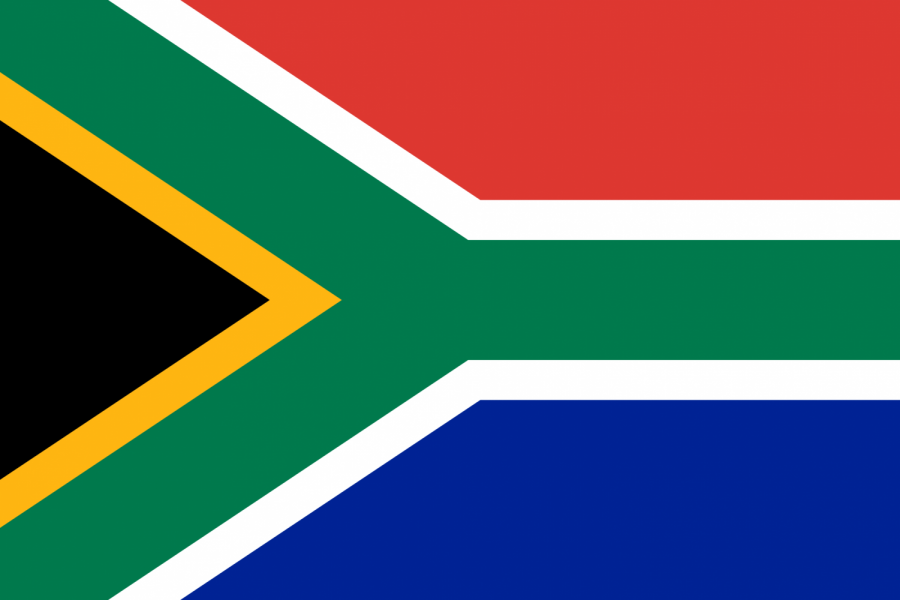Resignation of South Africa’s President
In a year defined by political turmoil, another country has fallen victim to upheaval. On Feb. 14, President Jacob Zuma of South Africa resigned from his position.
Zuma, 75, had been facing charges of corruption for several years and severe criticism from opposition parties. His party, the African National Congress, has also faced decreasing support.
Zuma did not step down willingly. After failing to be convinced by members of his party, officials issued a “recall” notice, where members of the ruling party vote for the president to be removed. This is also referred to as a vote of no confidence; Zuma has stated that he disagrees with the party’s decision.
“As I leave I will continue to serve the people of South Africa as well as the ANC, the organization I have served all of my life in,” Zuma said, as reported by CNN.
Zuma, who was nicknamed the “Teflon President,” had managed to survive several previous attempts to oust him from power. The 783 allegations of corruption on connection to an arms deal have proven to be too much for him to withstand.
Cyril Ramaphosa has succeeded Zuma as President. Ramaphosa was the only nominee from the parliament, and after his selection, members of the African National Congress broke out into cheers, while members of the opposition party, the Economic Freedom Fighters, left the chamber in protest.
Ramaphosa made his name in politics as the chief negotiator for Nelson Mandela. Ramaphosa ran to succeed Mandela, but lost the race for party leadership. After losing the race, Ramaphosa left to work in the business world, but eventually returned to politics with a vengeance to speak out against corruption.
“I truly feel humbled to have been given this great privilege of being able to serve our people,” said Ramaphosa, who then added, “I will try to work very hard not to disappoint the people of South Africa.”

